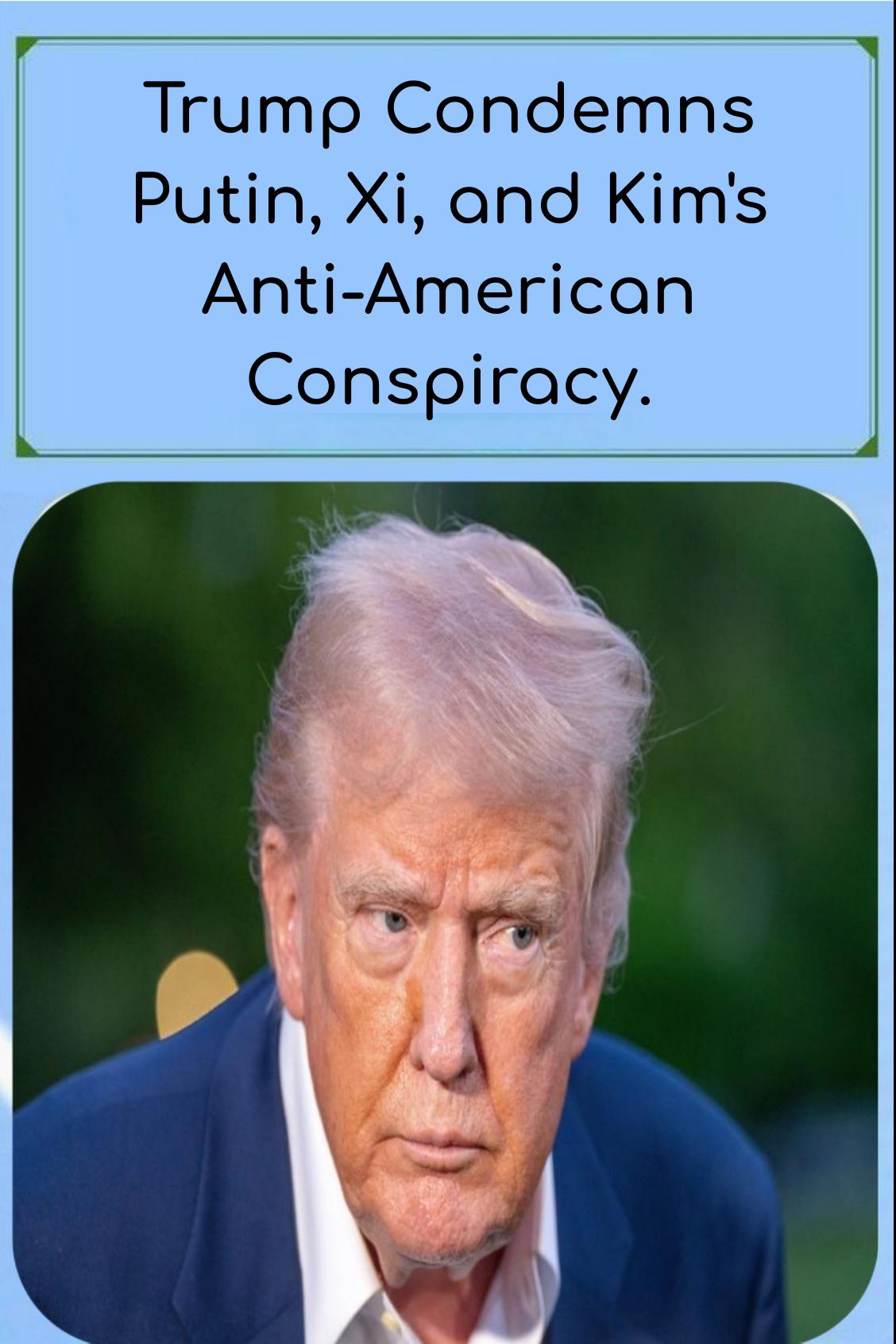The recent military parade in Beijing, commemorating the 80th anniversary of the end of World War II and China’s victory over Japan, served as a powerful display of unity between China, Russia, and North Korea. The presence of Xi Jinping, Vladimir Putin, and Kim Jong Un together on the Tiananmen Square viewing stand sent a clear message to the world, prompting a strong reaction from former US President Donald Trump.
A Show of Solidarity
The three leaders’ shared appearance was a highly symbolic event, showcasing a united front against what they perceive as a US-led global order. Their presence together, particularly Kim Jong Un’s first attendance at a major international gathering since assuming power, marked a significant moment in international relations. The carefully orchestrated display of camaraderie, including a shared greeting with World War II veterans, underscored the depth of their partnership.
Trump’s Reaction
Former President Trump’s response on Truth Social was immediate and fiery. He expressed concern about American lives lost during World War II, while simultaneously expressing well wishes to the Chinese people and obliquely accusing the three leaders of conspiring against the United States. This outburst highlights the sensitivity surrounding the shifting geopolitical landscape and the perceived threat posed by the increasingly close relationship between these three nations.
Strategic Partnerships
The parade itself was more than just a historical commemoration; it served as a platform to consolidate existing alliances and signal future cooperation. The repeated emphasis on collaboration between Moscow, Beijing, and even New Delhi indicated a concerted effort to create a counterweight to Western influence. For North Korea, the event represented a crucial opportunity to strengthen its ties with both China and Russia, countries it has increasingly relied upon for economic and military support.
North Korea’s Strategic Positioning
Kim Jong Un’s participation was especially significant. Reports suggest he was afforded high-level security arrangements, commensurate with those given to President Putin. This suggests a growing importance of North Korea in the newly forming alliance. Beyond the parade itself, Kim is expected to hold bilateral meetings with both Xi and Putin, seeking to broaden North Korea’s diplomatic influence and secure further assistance. The increased collaboration is evidenced by North Korea’s substantial support for Russia’s war in Ukraine, providing fighters, ammunition, and laborers in exchange for aid. South Korean intelligence estimates that approximately 15,000 North Korean troops have been deployed to Russia, with a significant number of casualties reported.
Concerns from the West
The United States, along with other Western nations, has expressed deep concern over North Korea’s involvement in the Ukraine conflict. The deployment of North Korean troops and workers is viewed as a significant escalation, further complicating the already complex geopolitical situation. The US State Department has publicly voiced its worry about Moscow’s dependence on North Korean support, highlighting the strategic implications of this increasingly close relationship.
Rebuilding Relationships
The parade also marked a potential turning point in the relationship between China and North Korea. While their relationship has experienced periods of tension in recent years, analysts suggest that Kim Jong Un is actively seeking to repair these ties. China remains North Korea’s most important trading partner and a critical source of economic assistance. With the outcome of the war in Ukraine uncertain, North Korea is likely attempting to solidify its relationship with its largest trading partner and secure economic support in the face of ongoing international sanctions.
Putin’s Visit
Putin’s presence in Beijing, coinciding with both the Shanghai Cooperation Organization summit and the military parade, adds another layer to the strategic significance of the event. While a confirmed private meeting between Putin and Kim hasn’t been officially announced, the possibility of such talks being “under consideration” underlines the significant diplomatic efforts taking place. The warm welcome extended to Kim upon arrival in Beijing, as reported by North Korean state media, further indicates the efforts made to foster stronger bonds among these nations.
In conclusion, the Beijing military parade was far more than a simple commemoration. It represented a powerful demonstration of growing geopolitical alignment between China, Russia, and North Korea, raising significant concerns among Western nations and potentially reshaping the global power balance. The strategic implications of this strengthened alliance will undoubtedly continue to be a focus of intense international scrutiny in the years to come.

